MONS, Belgium - Capt. Christian Smith gave up money and power in seek of the American dream.
He was born in Freetown in Sierra Leone, Africa. His father was a successful banker, and as the firstborn son, Smith was to follow his father's footsteps.
"My life was dictated by my father," he said. "I was to finish college and study banking."
However, that wasn't the life Smith envisioned for himself.
"As a kid I was fascinated by the U.S. from movies," he said, adding that Coming to America, starring Eddie Murphy was one of his favorites. "I liked the grandeur about America."
When Smith was 19, he decided to rebel against his predestined life, and like Murphy's character, he ran away to America with only $20 in his pocket.
"I felt if I stood alone, I stood a better chance in America," he said.
Smith had a half sister in Maryland, and she took him in for a short while, but he said he overstayed his welcome, and she told him to get a job.
Smith recalled a childhood of chauffeurs and servants. Getting a job, even part-time, was foreign to him, but in order to pay his share, he settled for a job at Pizza Hut making $4.25 an hour.
As time went on, Smith's future wasn't moving in a positive direction.
"I signed up for college classes to make my mom happy, but I started partying a lot. I was reckless," he said.
Then one day, he came out of a barber shop with a clean, military-style haircut, and a recruiter approached him and said, "With a haircut like that, you ought to be in the Army."
Smith was no stranger to the military. His mother was a major in the Sierra Leone army, and he was born in a military hospital, so he took the recruiter's card. However, he didn't consider the proposal until months later.
Smith said he had seen a few ads for the Army promising money for school, the opportunity to travel and most importantly to him the discipline that he lacked.
"I said let me give this a shot. I found the card right where I thought I left it, and called him up," said Smith. "The next day the recruiter was at my house."
Smith enlisted on July 23, 1996, in the delayed entry program as a 41L, administrative specialist.
"The plan was to do four years and get money for college. I was content pulling a paycheck on the first and 15th," he said.
But when his children were born, Smith reached a turning point, and he again realized he needed to empower himself.
"I always dreamed of going back to Sierra Leone. I wanted to make my mark and fix the corruption," he said.
However, when he returned to Africa in 2003, he realized his life was in America.
"As soon as I got back to the states, I was sworn in for my citizenship," he said.
With the push and motivation of a former commander, Smith then applied for Officer Candidate School, and today is the company commander of the Headquarters and Headquarters Company, U.S. Army NATO Shape Battalion.
"Some days I never thought I'd make it this far," he said. "Every time I see a Soldier and he salutes me, I smile inside and say, 'Wow. That used to be me.'"
The day after he took command, news spread across Sierra Leone. Smith said it was all over the radio and television, he made nine newspapers, and dozens of people called his father to congratulate him. Now, he said his father is proud of him, and his mother has stopped crying.
Smith, who has an associate's, a bachelor's and a master's degree, said his next aspiration is to go to law school. Although, he's been in the Army too long to qualify for the Army's Funded Legal Education Program, he said he will find a way to continue living his American dream.
"Don't limit yourself to what you believe you can't do," he said. "Push yourself a little more. There's so much more that can be accomplished."
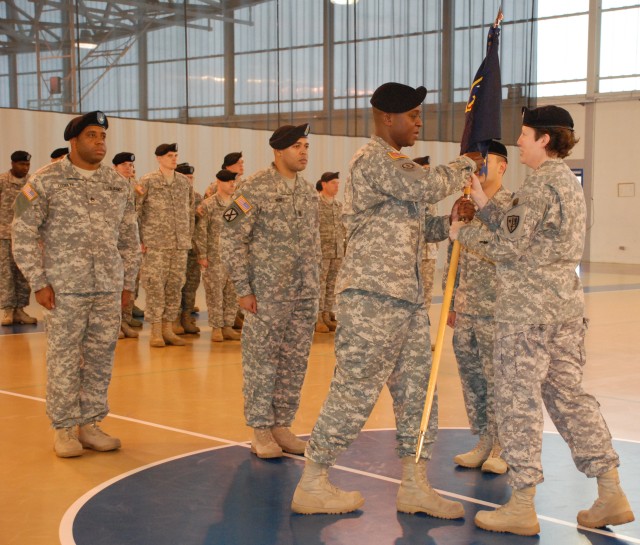
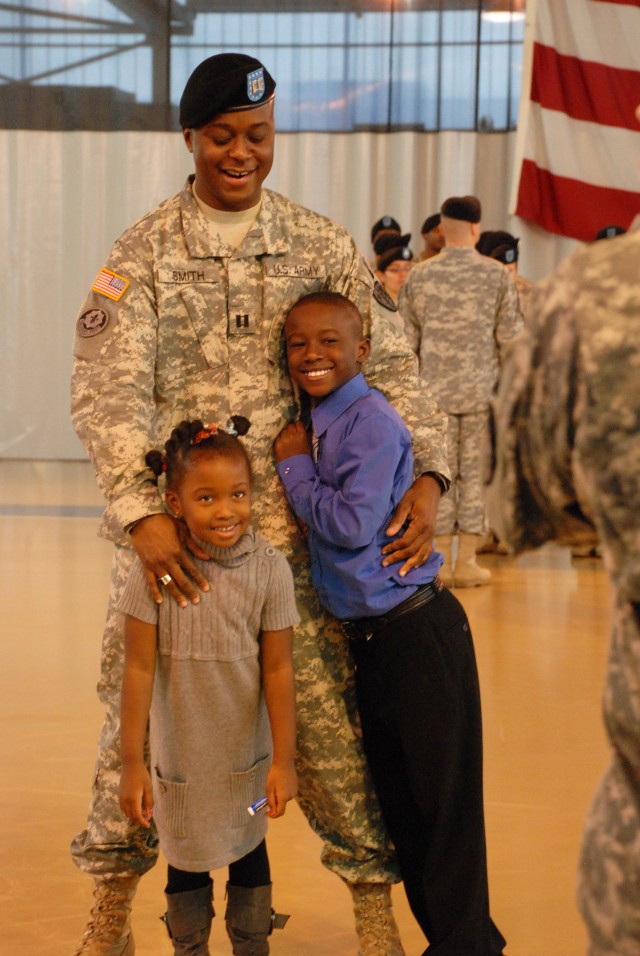
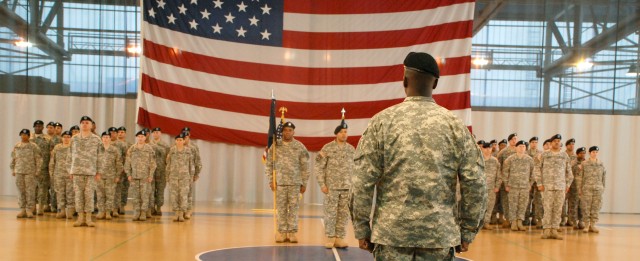


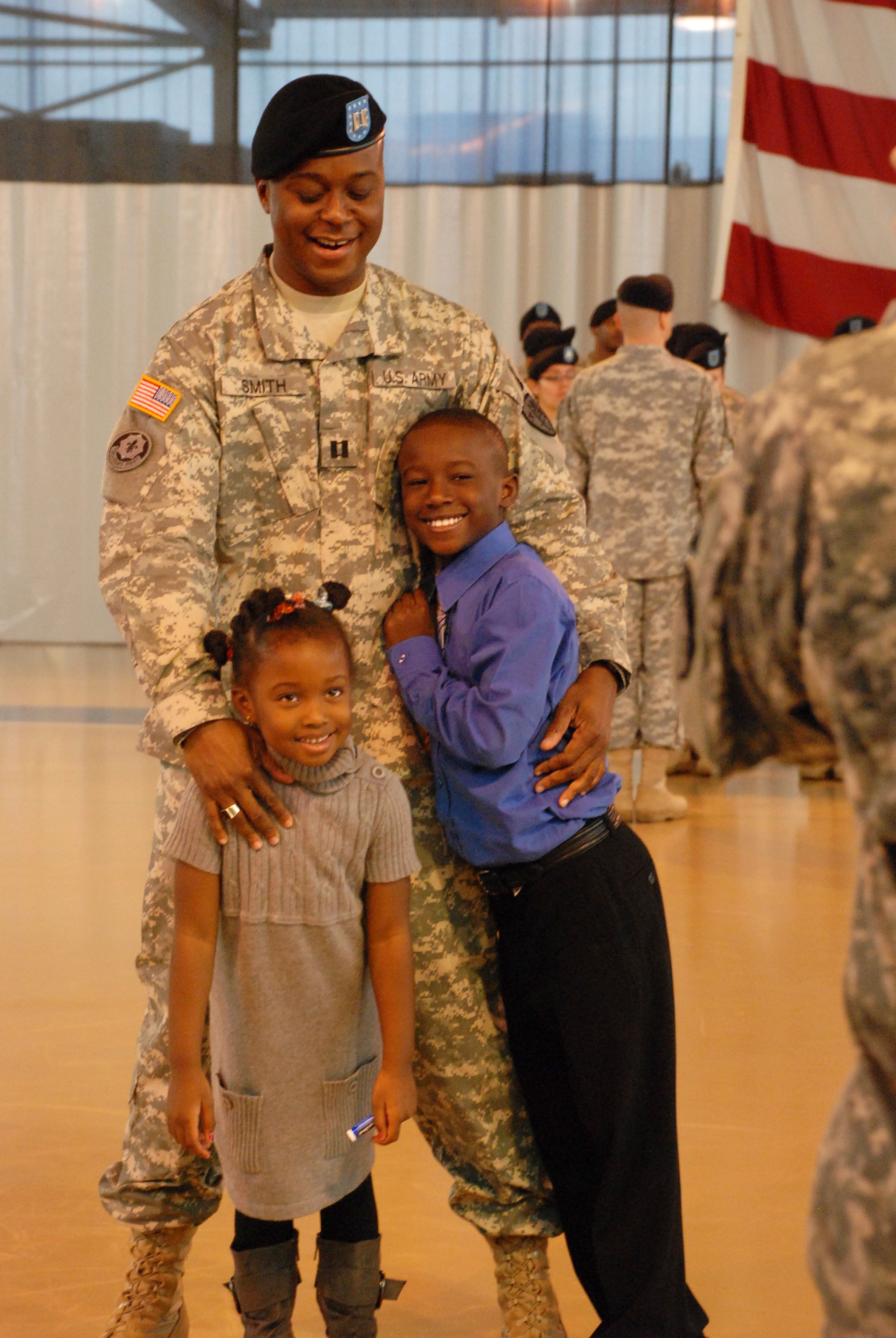
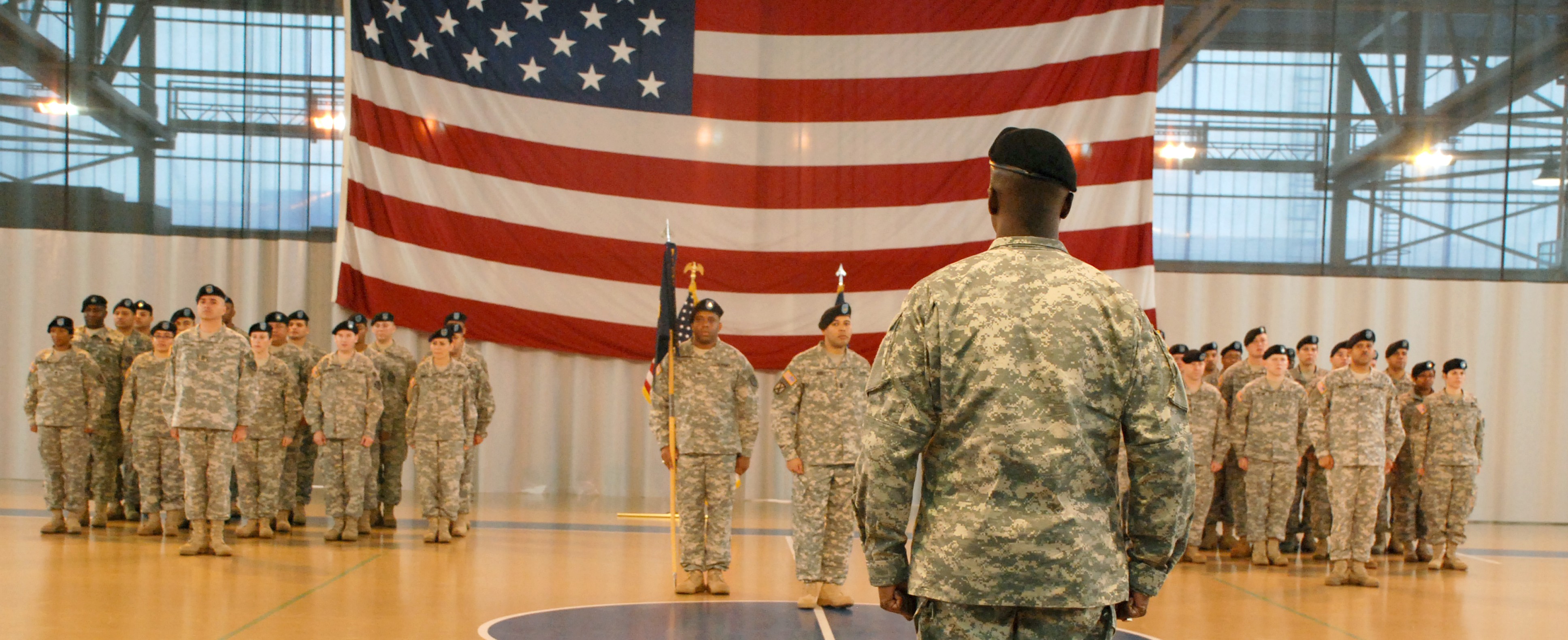

Social Sharing